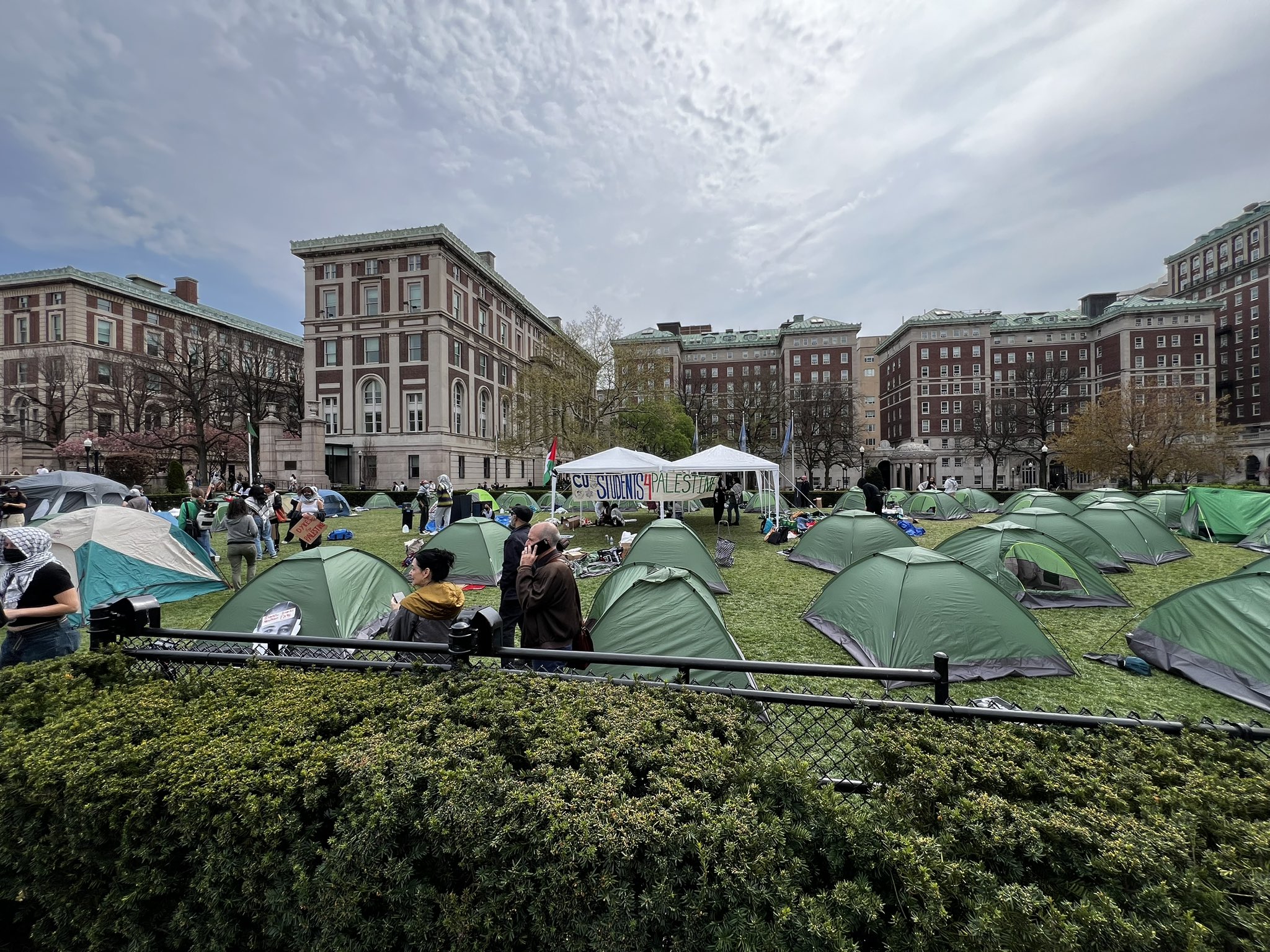The Penn Marriage Pact has distilled something essential about our culture: the mechanization of human connection.
Photo Credit: Reagan Reese
By: Wesley Liu
Almost a year ago, our phones buzzed in unison: “Your Penn Marriage Pact match is here.” Within minutes, inboxes across Penn lit up with the promise (or illusion) of algorithmic intimacy. Screenshots circulated in group chats, mingled with laughter and an undertone of nervous curiosity.
The survey itself was banal in its construction: questions about religion, politics, height, eye color, even sexual frequency. And yet, behind the humor and self-aware marketing lay a revealing architecture. The Penn Marriage Pact (PMP), however playful, distilled something essential about our culture: the mechanization of human connection.
At a university where efficiency is a moral virtue, intimacy, too, has become streamlined. PMP mirrors the logic of contemporary dating apps: forms, filters, swipes, metrics. The slow unfolding of affection has been replaced by the calibrated precision of compatibility scores. In a world built on optimization, even love is expected to perform.
At Penn, the logic of the résume extends seamlessly into romance. Students meticulously curate their lives—academic schedules, extracurricular portfolios, social personas—and now, their relationships. Affection becomes another managerial project.
The PMP tagline captures this spirit perfectly: “Your optimal backup plan is coming soon. You can repay us in complimentary booze at your future weddings.” The irony is striking. Love, that most unquantifiable of experiences, is reimagined as a risk-mitigation strategy. “Backup.” “Plan B.” A relationship becomes an insurance policy, not an act of devotion.
This sensibility is not unique to Penn, but the campus amplifies it. The same precision that drives students to Goldman Sachs interviews and research fellowships governs their approach to intimacy. Relationships are assessed for efficiency: How long can this last before it interferes with ambition? How much emotional investment is justifiable before diminishing returns set in? Love becomes transactional, bounded by convenience.
Walk across Locust Walk on a Friday night and you can observe the choreography of non-commitment. “I’m not looking for anything serious,” “we’re just seeing where it goes,” “don’t catch feelings”—phrases that have become linguistic armor for a generation allergic to attachment.
Penn’s institutional infrastructure even accommodates this ethos. The University’s Wellness Express dispenses free condoms, birth control, and emergency contraception (important, responsible measures). However, it offers no vocabulary for emotional intimacy, no space for conversations about attachment, loyalty, or love as a moral practice. The material safeguards are in place; the spiritual and psychological ones are absent.
This is the paradox of liberalized sexuality: freedom without formation. We are emancipated from restraint but unequipped for endurance. The hookup is effortless; the relationship is exhausting. The more partners we have access to, the harder it becomes to stay with anyone. What once signified liberation now often conceals fatigue.
The Penn Marriage Pact is only a symptom of a broader condition—the normalization of temporary love. “Until graduation.” “Until I go abroad.” “Until it stops being fun.” Relationships come with pre-written expiration dates, calibrated to the rhythm of convenience.
We treat others less as mysteries to be discovered and more as experiences to be sampled. In this logic, intimacy is consumption. The pursuit of novelty replaces the pursuit of depth. We celebrate “freedom” but mourn connection; we gain abundance and lose meaning.
This posture is reinforced by the broader digital environment. Dating apps promise immediate results and infinite choice, but choice is not the same as intimacy. The illusion of abundance erodes the willingness to commit. After all, why struggle through the roughness of one relationship when the next option is a swipe away?
The consequence is visible in the data. According to the U.S. Surgeon General’s 2023 Advisory, nearly half of young adults report feeling lonely on a regular basis. This irony is especially acute on campuses like Penn’s which are densely populated, hyperconnected, and yet emotionally barren.
Connection has become frictionless; community has not. The algorithm can pair you with someone compatible, but it cannot teach you how to love them. It cannot cultivate patience, fidelity, or wonder. Those are virtues, not variables—and virtues require formation, not convenience. We can summon attention instantly, rushing a frat for example, but cannot sustain affection. We are surrounded by people, in a busy dining hall, yet starved for true presence. The result is not freedom but fragmentation.
Perhaps the true rebellion, in an age of disposability, is endurance. To love one person faithfully—without optimization, without exit strategies or ‘end dates’—is to resist the logic of efficiency that defines our university and our age. Imagine a campus culture where students approached relationships not as provisional arrangements but as moral commitments. Where “seeing where it goes” gives way to the harder question: What are we willing to build together?
But I think the Penn Marriage Pact deserves both credit and critique. On one hand, it playfully acknowledges what so many students feel but rarely say: that we want connection, that beneath the irony and the memes, we are aching for something lasting. On the other hand, it reinforces the very pathology it claims to cure. It packages intimacy as an algorithmic product, selling us connection that can be computed, delivered, and if necessary, recycled next semester.
I don’t think the Penn Marriage Pact is evil, but I do think it is symptomatic. It reflects a generation more comfortable with formulas than with faith, more at ease with data than with devotion. We are brilliant analysts of compatibility, but illiterates of commitment.
If PMP wants to do something genuinely meaningful, it should move beyond its annual ritual of pairings and spark a real conversation about what Penn’s culture of dating has done to us. What would it mean if “optimal backup plan” were replaced with “willingness to stay”? What if we designed our relationships with less efficiency and more endurance?
At some point, Penn students must decide whether we are content to let our love lives mirror our career paths: competitive, temporary, transactional—or whether we might aspire to something older, slower, and infinitely more human.
To me, that is the challenge. The next time we fill out a form asking about our ideal match, we might also ask: Am I capable of love that lasts longer than a semester?
Wesley Liu is a sophomore studying Philosophy with a minor in Political Science from San Francisco, CA. He is also the opinion editor at the Penn Post. His email is wesl@sas.upenn.edu.




